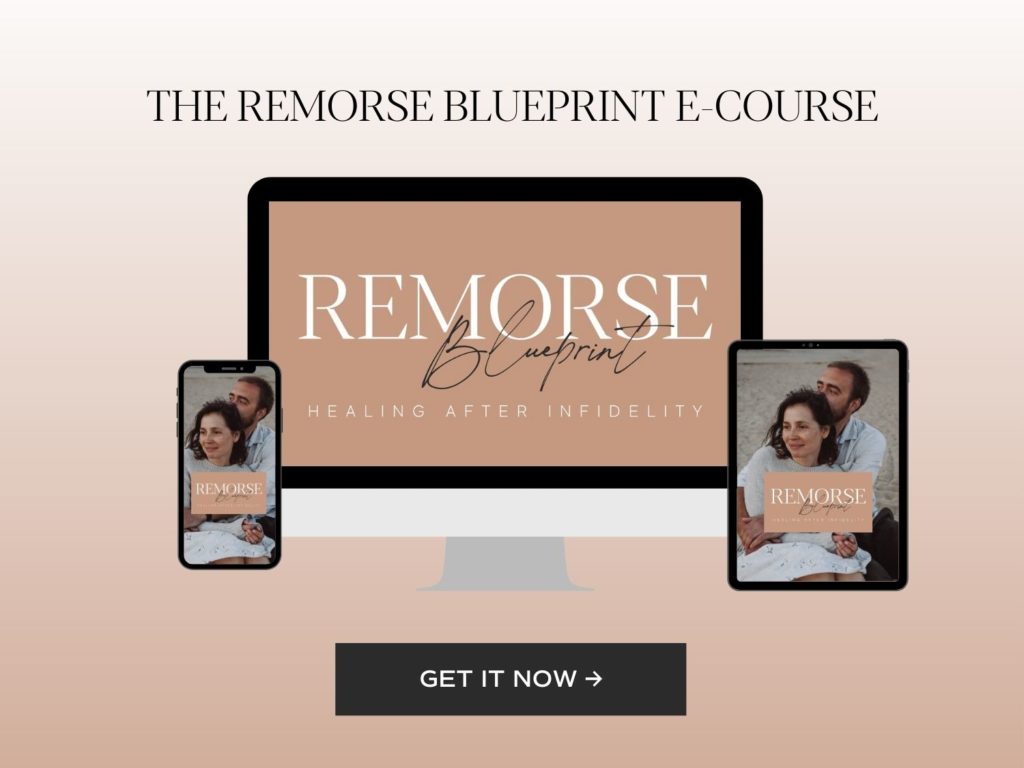Expression of remorse is one of the most important parts of affair recovery. However, many unfaithful partners learn that saying “I’m sorry” just doesn’t do the trick. There’s more to remorse than being sorry.
One of the very first things I look for in affair recovery sessions is whether or not there is remorse and if the unfaithful partner has expressed it. Sometimes I ask this directly to the couple and sometimes I ask indirectly. When we discuss remorse, the pattern I have noticed is often as follows:
The hurt partner:“He/she (the unfaithful) has not shown remorse, at least not properly or not the way I expected”.
The unfaithful partner’s response: “That is not true! I have said sorry so many times! How many times do I have to say I’m sorry to be forgiven?”
Sounds familiar? In one way or another this tends to be the pattern when partners consider remorse as a one-phrase-fix that tends to boil down to 2 words: I’m + sorry. Let’s see what you can do that will enhance your partner’s trust that you are truly remorseful. Hint: it’s going to take more than saying I’m sorry, but it’s not that complicated as well.
Biggest Takeaways You Don’t Want to Miss:
After infidelity, partners are not as united on how they experience the world or their relationship anymore. Consequently, they end up with two different perspectives on remorse and how it should be expressed.
At this point in affair recovery, the unfaithful partner is in a better state of mind than the hurt partner. Therefore, he/she has the initial power to start healing their partner and the relationship.
Remorse is essential in affair recovery and expressing it properly can determine the ability to heal the relationship.
Check out these highlights:
The two perspectives on remorse and how it should be expressed. [2.33]
Quality and Quantity are 2 major components of expressing remorse. See what each one is all about. [7:12]
How to be mindful in showing effective remorse in affair recovery by using both quantity and quality. [7:30]
How body language, when used properly, can prevent your partner from saying “You are not truly sorry” [15:38]
CONSIDER MY BLUEPRINT FOR EFFECTIVE REMORSE WHEN RECOVERING FROM AN AFFAIR
To further assist you in demonstrating your remorse in a way that your partner is more likely to accept, I created The Remorse Blueprint – a mini course to help you make the first most important step towards forgiveness.
The Remorse Blueprint is an instant online course for you to access at any time.
IT IS DESIGNED TO HELP YOU DO THE FOLLOWING:
- Identify whether you are expressing remorse in a helpful way.
- Understand the 6 parts of an effective remorse expression.
- Craft and express your remorse effectively (using a downloadable blueprint for direction).
- Make remorseful expressions sincerely and as often as necessary by using the ideas in the course and blueprint.
When all is said and done, don’t you want your partner to feel safe with you again? Do what it takes to ensure his or her feelings are known, validated, and respected. Communicating what you are sorry for and why allows for hope and warmth to return. Thus forgiveness will become more possible.
Thank you so much for your time!
For more support and information, please visit my Affair Counseling page or contact me for a consultation soon.
Heading

